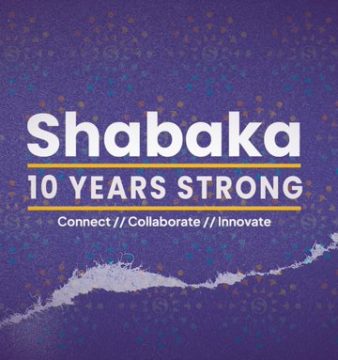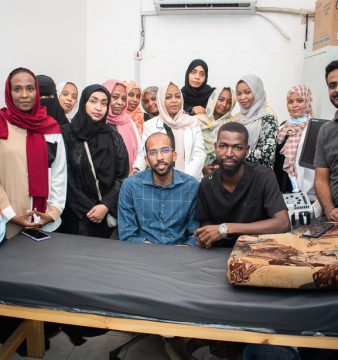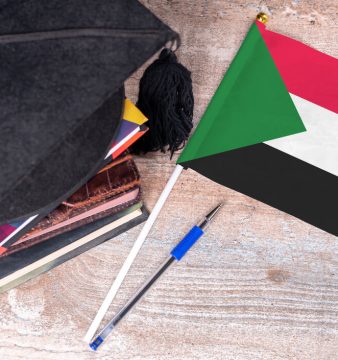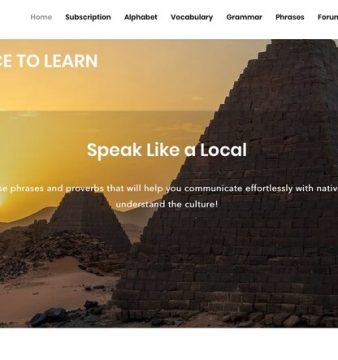Diaspora Humanitarians: The Old Newly-Recognised Player in the Aid Sector

When you hear the word ‘diaspora’, there is generally a confusion about who they are, and their role in the community at large. Let us try to demystify it. Diasporas are individuals and communities who live outside their home countries, many of whom are professionals and experts in different fields, and who remain connected and invested in their home countries to make improvements.
The development and humanitarian sectors are composed of a wide range of organisations and agencies including international entities such as the United Nations, Red Cross and Crescent Societies, Norwegian Refugee Council, and national and local organisations such as SUDIA, Abwab, Al Sudanyia Mentoring etc. However, diasporas are yet to be recognised as a significant contributor to the development and humanitarian sector of any country.
With close links to their origin countries, diasporas are able to mobilise quickly in a humanitarian crisis. They not only provide remittances, but also contribute by providing goods, skills and knowledge. They often have access to affected communities, and know how to deliver critical resources in areas that are difficult to access and, most importantly, they often enjoy the trust of these communities because they have been engaged with them long before the onset of the crisis. And they will continue to be engaged even after the crisis has subsided, making them an important partner in recovery and development initiatives.
There are several examples of this, one of which is the Syrian diaspora and how they became instrumental in the delivery of humanitarian assistance where even international organisations failed. Another example is how the Somali diaspora is making a critical contribution to the Somali economy with an estimated USD1.3 billion annually, which accounts to almost a quarter of the country’s GDP.
When Typhoon Haiyan landed, and caused mass damage killing thousands of people, the Filipino diaspora raised substantial funds to help with the relief efforts. Sudanese and South Sudanese diaspora have also made substantial contributions. Sometimes, diaspora provide support even to places outside their hometown as they realise the money and goods they send can be necessary for people’s livelihoods.
However, the diaspora is indeed both diverse and dispersed. And while their contribution is significant and is becoming recognised by institutions and governments, working with them can be a challenge. For example, international organisations are often concerned about their adherence to core humanitarian principles, which guides all humanitarian action. Diaspora also tend to distrust international organisations, which can discourage them from working collaboratively with them.
There are several initiatives that have tried to address these gaps in trust, to support future collaborations and ensure a more effective response through collaborative learning. For example, a training programme by DEMAC for diaspora on humanitarian principles*, International Organization for Migration (IOM) and Connecting Diaspora for Development, among others.
However, much more needs to be done to work effectively with the diaspora. Governments and international organisations should not see diaspora as merely a source of income but as human resources who can contribute their skills for development and humanitarian assistance. Also, support should be provided to the establishment of an independent diaspora coordination body that facilitates concrete cooperation between diaspora organisations and the wider development and humanitarian communities.
*The Diaspora Humanitarian Training is a course that has been created to provide diaspora responders with information, tools and guidance to enhance their humanitarian response. The course was developed by Diaspora Emergency Action & Coordination (DEMAC). The Shabaka team contributed by developing the module on humanitarian principles.
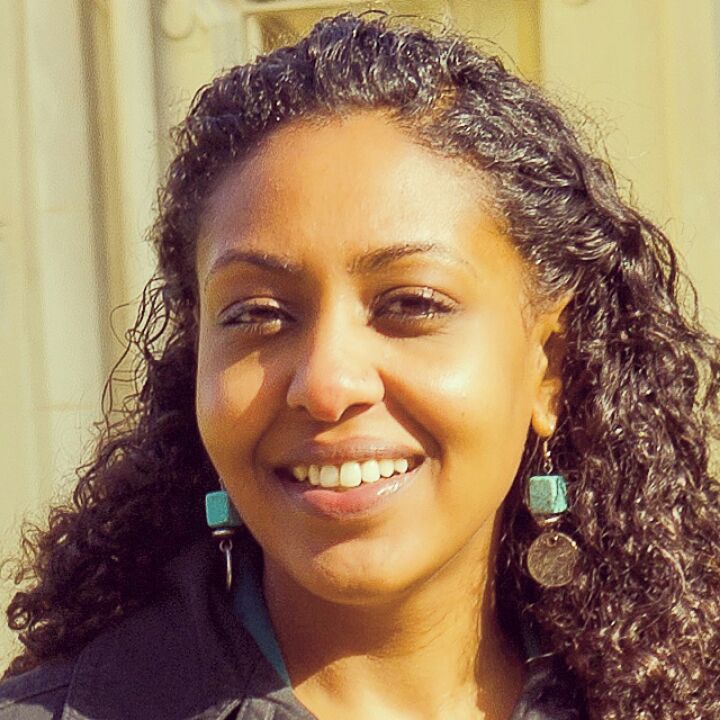 Bashair Ahmed is the Executive Director of Shabaka, a diaspora led social enterprise working towards achieving sustainable development in Africa and Middle East. Concurrently, Bashair is a Doctoral Researcher at the University of Sussex, UK, conducting research on activism among second generation diasporas (children of migrants) from the Horn of Africa, focusing on those who were born or raised abroad and based in London and Washington, DC. Bashair previously worked for various international development and humanitarian organisations focusing on fragile and conflict affected countries conducting research, advocacy and programme management in the areas of human rights, gender equality and protection.
Bashair Ahmed is the Executive Director of Shabaka, a diaspora led social enterprise working towards achieving sustainable development in Africa and Middle East. Concurrently, Bashair is a Doctoral Researcher at the University of Sussex, UK, conducting research on activism among second generation diasporas (children of migrants) from the Horn of Africa, focusing on those who were born or raised abroad and based in London and Washington, DC. Bashair previously worked for various international development and humanitarian organisations focusing on fragile and conflict affected countries conducting research, advocacy and programme management in the areas of human rights, gender equality and protection.
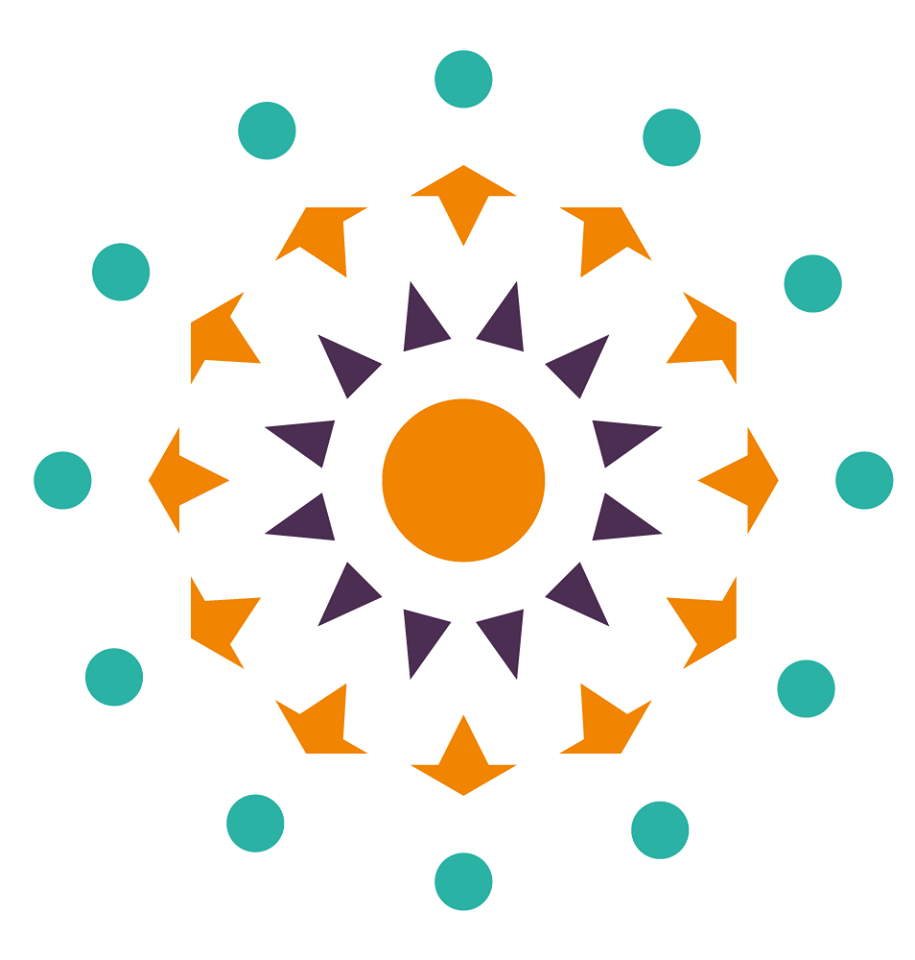
Shabaka is a start-up social enterprise providing a platform for diaspora collaboration towards development in Africa and the Middle East. Shabaka aims to promote and support diaspora engagement in development for greater fairness in political, legal, and economic systems. Shabaka self-sustains their operations by providing consultancy services to corporate, NGO, community and government sectors working to address development and humanitarian challenges.

